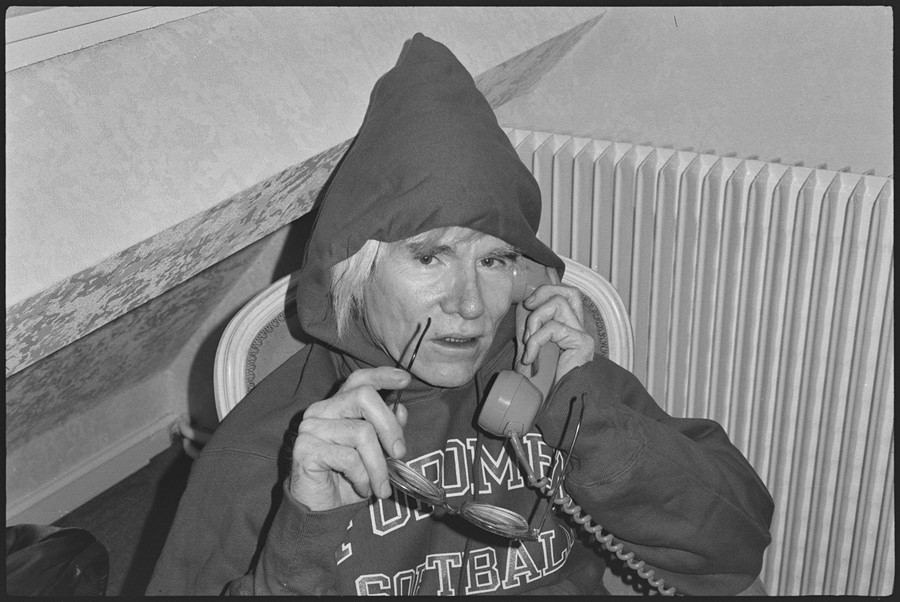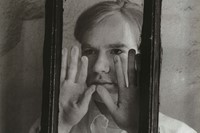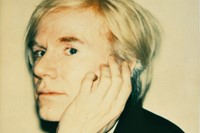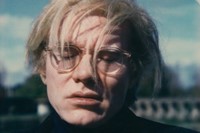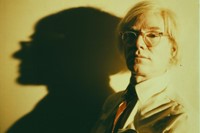The Andy Warhol Diaries director Andrew Rossi speaks to AnOther about his new Netflix series, an intimate chronicle of the artist’s life, career, and romantic relationships
There are many scenes in Netflix’s new, six-episode Andy Warhol biopic, The Andy Warhol Diaries, that are narrated in the artist’s voice, recreated via artificial intelligence. If you weren’t aware of the mechanics behind the voiceover, you might think it’s the real Warhol reading his famous diary entries – edited by his longtime friend and collaborator, Pat Hackett, and published in 1989 after his death – in his real Pittsburgh accent. Knowing about the underlying AI technology in advance, though, viewers will likely pick up on the occasional glitch or strange cadence in his speech – not enough to interrupt the retelling of his life and career, but enough that his ‘presence’ feels slightly uncanny. In fact, it feels distinctly Warholian to have the artist who once declared “I want to be a machine” resurrected by a text-to-speech algorithm, to tell the story of his own fame and fortune.
“I really felt when I read the diaries back in 2011 that Andy was speaking to me,” filmmaker Andrew Rossi tells AnOther, adding that he wasn’t put off by the controversy that arose around Morgan Neville’s Roadrunner, which similarly used AI to recreate the voice of Anthony Bourdain. “The combination of the raw vulnerability that [Warhol] was expressing in his words and the intimacy of his voice felt so special that I wanted to preserve that for the viewer, and not have it mediated by an actor, or another narrators’ interpretation of his voice,” Rossi continues. “You really are hearing Andy's Pittsburgh accent, in a self-consciously mechanical form that I think evokes Andy’s entire artistic practice.”
Directed by Rossi (previously known for the Chanel documentary 7 Days Out and 2011’s Page One) and executive produced by Ryan Murphy, The Andy Warhol Diaries is largely based on the book of the same name. Through Warhol’s words and iconic imagery, including his silkscreened idols and the ubiquitous blonde fright wig, the series offers an intimate look at his personal, professional, and ambiguous romantic life. “I think what we see in Andy’s diaries is a queer longing,” Rossi adds, “and a queer point of view on the world that is both full of passion and lustful connection with Jon [Gould], who he clearly pined after, but also a loneliness and a feeling that he is an outsider, notwithstanding all of his success.”
Asserting that he is “among the most important artists of all time”, the Netflix documentary also traces Warhol’s outsized impact on present day culture, seen everywhere from performances by Tyler, the Creator and Kanye West, to the success of YouTubers such as James Charles, to Mark Zuckerberg’s Meta. All feature in an opening montage that illustrates Warhol’s eclectic influence. For Rossi, it was important “to give younger viewers, in particular, some context as to who Andy is, and his resonances with the culture”.
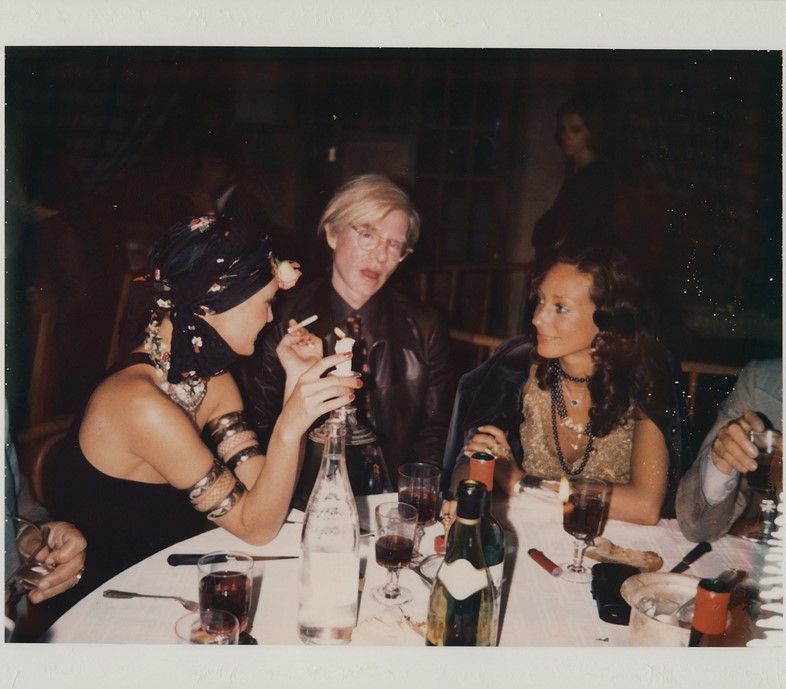
“He’s part of the air we breathe, in so many ways. Andy really revolutionised art history. This ‘GOAT’ line is meant to situate Andy Warhol in that arc of cultural production. But it also is a way to open the window into him as a character who reinvented himself, and who contributed to a culture that now resonates with social media, and the notion that you can create an avatar of yourself.”
In scenes that hear Warhol narrate his daily habits and insecurities from beyond the grave, actor Bill Irwin steps in to give him a physical form, though his features are largely kept in shadow, or paired with archival footage. Elsewhere, members of the artist’s influential circle – or those they’ve inspired – fill in the blanks via talking head interviews. In the first episode alone there are appearances from Blondie, Fab 5 Freddy, art dealer Jeffrey Deitch, and John Waters, who lauds Warhol’s films as “really erotic and cool”. The result is a Rashomon-style tapestry of half-truths about Warhol, amplified by his own evasiveness on matters such as his sexuality.
“I wanted to speak with people who, first of all, knew Jon Gould and Jed Johnson, Andy’s lovers, and could speak about what that relationship was from a personal point of view,” says Rossi. “But also people who would be open to a deeper personal inquiry about how their own lives have changed, and how they look back on that moment and see it for all of its joys, but also its toxicity.”
In 2022, The Andy Warhol Diaries also offers a counterpoint to the “eerie echo” of attitudes that forced many LGBTQ+ people to hide their true identities in the 60s and 70s (though, as Jasper Johns and Robert Rauschenberg noted, Warhol was “too swish” to ever really pass). As disturbing legislation gains traction in the US, Rossi suggests, there’s an ethical value in “returning to a mythic figure like Andy Warhol and understanding his humanity, unpacking who he really was”.
The Andy Warhol Diaries is available to stream now on Netflix
